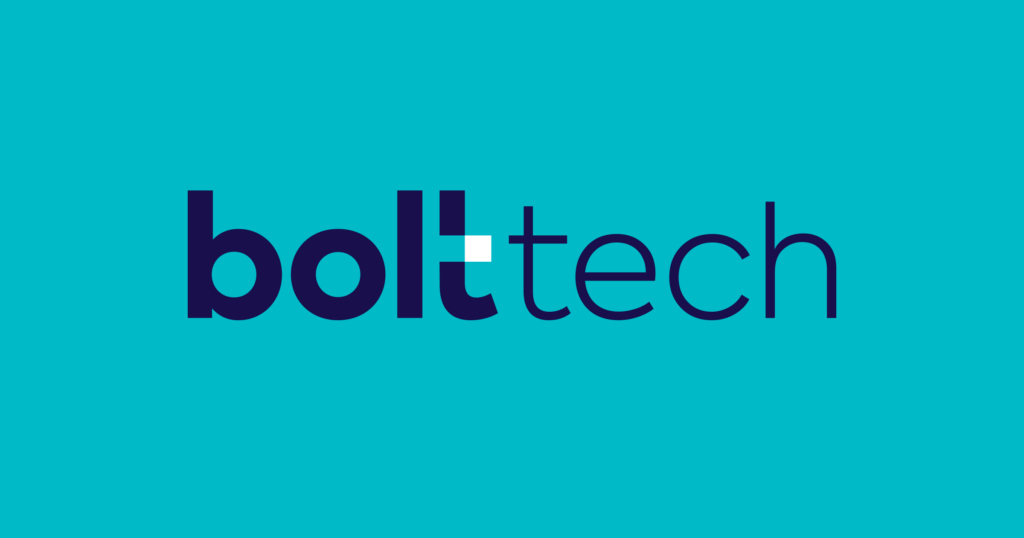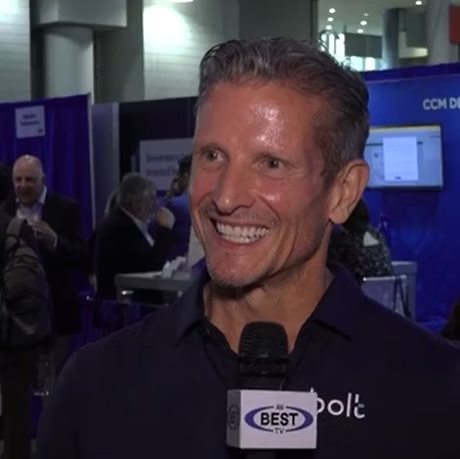What Does Tesla Insurance Mean for P&C Insurers?
Imagine a car that can drive itself. Better yet, imagine a car that can (almost) insure itself.
Tesla took one step closer to that goal in August. Now, California Tesla owners can turn to the company for insurance.
Why did a car manufacturer leap into the insurance business? How can manufacturers help consumers more than traditional brokers? And what might happen to the industry as a whole if more car companies offer similar programs?
We dug into the research to tackle these thorny questions. Here’s what we found out.
Tesla’s Current Insurance Plan
Value Penguin says that Tesla’s plans offer protections specific to self-driving cars. The vehicle automation package includes coverage for moments when the car is in autonomous mode. Tesla owners looking to customize their insurance to their vehicle might find this compelling. But it’s the cost of Tesla insurance that has the potential to speak to most consumers.
Tesla didn’t provide specific price ranges for coverage, but the company’sblog post about the new plans suggested consumers could see savings of up to 30 percent over conventional insurance. “Because Tesla knows its vehicles best, Tesla Insurance is able to leverage the advanced technology, safety, and serviceability of our cars to provide insurance at a lower cost,” the Tesla team explained.
That’s a deep discount, and it’s worth considering how the company could make it happen.
How Much Does Tesla Really Know?
Tesla CEOElon Musk told reporters the company has direct knowledge of how customers use their cars, and that gives the company insight about risk. In the future, he added, Tesla customers might be asked to agree to drive their cars prudently. If they won’t agree and the sensors prove that, drivers might get hit with a higher insurance rate.
It’s true that the average Tesla is peppered with cameras, sensors and gauges. The data that equipment collects could, in theory, be incredibly useful in setting insurance prices.
“Now, imagine how all of this information could help make auto insurance prices more accurately reflect driver behavior. It could track everything, from bad habits, to near misses, to the type of risks every driver is willing to take—or not take,” saysJustin Bariso, author of “EQ Applied.”
If Tesla executives had a complete look at everything a customer did while behind the wheel, guesswork about risks and benefits could be virtually eliminated. It’s a powerful idea, but for now, it remains a theory.
Sarah O’Brien, reporter for CNBC, explains that aggregated driver data sits behind Tesla’s insurance prices for now. But, she says, regulatory filings suggest that Tesla wants to use individual data at some point in the future. The company would need to ensure those plans don’t run afoul of state laws. Consumers may also object to Tesla executives watching them drive, although some insurance companies already offer discounts based on direct data from insured vehicles.
For example, both Progressive Insurance and Root Insurance use similar technology, points out the Value Penguin team. Plug-in telematics give the companies a great deal of data about how people drive, and that information can help guide accurate pricing.
Tesla drivers may be a little different, however. They are buying cars with a great deal of power and speed, and it’s reasonable to expect that they’d like to try out those features at least once. As Ethan Jupp, content editor at Motoring Research, says, “The question, especially for car enthusiasts, is whether the benefit of the lower price outweighs the looming surveillance, particularly when you fancy going for a brisk drive.”

Why is Tesla Insurance a Hot Topic?
Tesla’s main value statement involves price. Consumers are enticed to consider the switch because they’ll save money on insurance. But while insuring a Tesla is indeed expensive, the issue is complicated.
“Tesla obviously knows more than anyone else about how its cars are designed, but it’s not clear that Tesla has dramatically better data than insurance companies about how often its cars crash—or how expensive they are to repair,” writes Timothy B. Lee, senior tech policy reporter at Ars Technica.
The advanced technology built into every car can transform even small fender-benders into big insurance claims. Insurance companies hoping to make money on policies need to account for that when setting costs.
Auto analyst Maryann Keller goes so far as to say Teslas are “impossible to fix. You’ll look at them, and you’ll say, ‘There’s nothing wrong with the car. It’s got a small dent.’ Well, that little dent may cost $15,000 to fix — or more. The real question is can anyone bring these cars back to original equipment condition? That’s the promise of insurance.”
It’s also difficult to determine the right parts that go into a claim. Tesla’s parts are not always interchangeable, and that means field agents must know a lot about the product when assessing damages.
Even seemingly similar Tesla models can have radically different repair price points, notes Fred Lambert, editor-in-chief at Electrek. “If something happens to a Model S 60 and it is totaled, the value of the vehicle needs to be attached to the price paid (a 60 kWh battery pack) even though it was a 75 kWh battery pack that was destroyed. It makes sense for Tesla to be more involved in the insurance process considering these complexities,” he says.
If Tesla can find a way to leverage data about consumers, paired with information about how models are pieced together, the company can reasonably cut costs and help consumers. But there is another way to achieve that same goal.
Could Tesla Share Information?
Tesla believes the technology helps reduce collisions, and that should make the car less expensive to insure. But insurance companies need proof.
“While these cars could be doing remarkable things preventing crashes, nobody reports that. Until you can get more data to prove that these systems are actually reducing crashes, all you can do is look what it costs to fix it,” explains John Paul, manager of public affairs and traffic safety at AAA Southern New England.
If Tesla could share critical information about what happens right before an accident, that could help adjusters understand how drivers avoid collisions. But such data sharing isn’t happening quite yet. “Without continuous real-time information from every car, we can’t be certain that driver-assist functions work correctly, prevent actual crashes, or are even activated,” saysClifford Atiyeh writing for Car and Driver.

Critics Express Doubt
Tesla’s announcement was widely distributed in the press, and plenty of people spoke up with concerns about this change in direction for the carmaker.
“Why would Tesla’s team be able to reduce Tesla drivers’ premiums, when established insurance firms behind the $285 billion auto insurance industry in the US could not? These questions remain yet unanswered,” saysBethan Moorcraft, deputy editor at Insurance Business.
If consumers enroll in Tesla’s insurance plan, the answers to those questions could become clear. Tesla could either make money or lose it. But some critics worry that failure is almost inevitable.
Warren Buffet has his doubts, telling his shareholders in a Berkshire Hathaway annual meeting: “The success of the auto companies getting into the insurance business is probably as likely as the success of the insurance companies getting into the auto business.”
Where Will Tesla Go From Here?
At the moment, Tesla insurance is only available in California, and it only covers Tesla cars. The company does plan to expand, and could change both the way the coverage works and how it’s handled.
RBC Capital Markets analysts, led byMark Dwelle, assessed the issue for Market Watch. Tesla could choose to underwrite all future loans which would mean licensing in all 50 states. A successful expansion might also mean insuring houses as well as cars, as consumers expect to bundle plans to get better deals. Dwelle also noted that it’s “a lot of added challenge running an insurance company for an organization that seems to be somewhat challenged in delivering its core business of building cars.”
But Tesla might need to tackle this challenge in order to fulfill its dream of a fleet of self-driving cars handling deliveries all across the country.
“To make his vision a reality, the driverless cars will need commercial insurance — something no company but Tesla may be willing to provide, given that dispatching a fleet of fully autonomous vehicles to pick up passengers is basically uncharted territory,” says the Associated Press.
If Tesla can’t get other companies to insure self-driving cars at a reasonable price, building that fleet doesn’t make financial sense. This foray into the consumer market could be a baby step toward that fleet. And once those cars hit the road, who knows what the insurance market might look like?
Images by: melpomen/©123RF.com, stockbroker/©123RF.com, vadimgozhda/©123RF.com
Further Reading
Featured
 18 June 2024
18 June 2024
 15 August 2024
15 August 2024
 1 July 2024
1 July 2024
